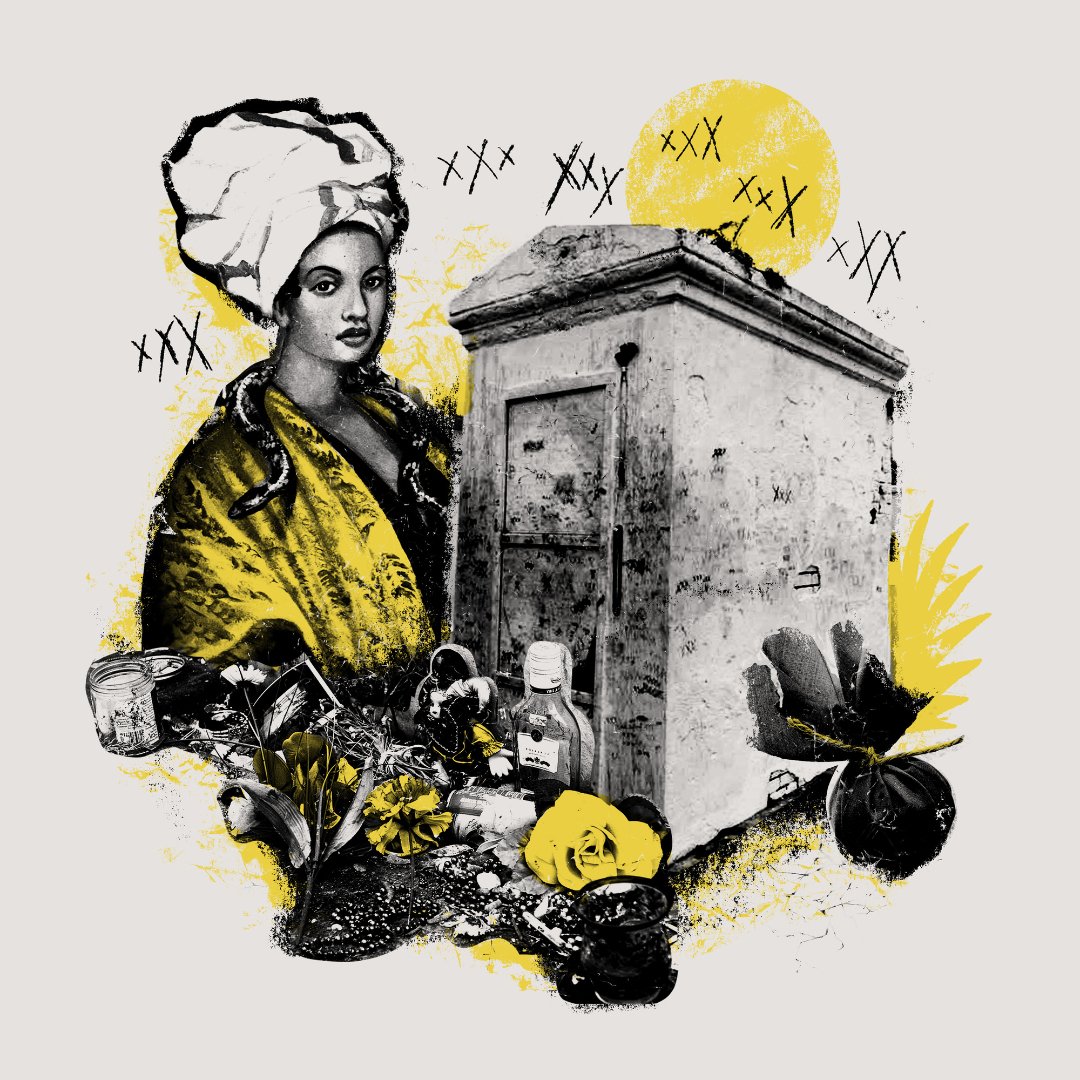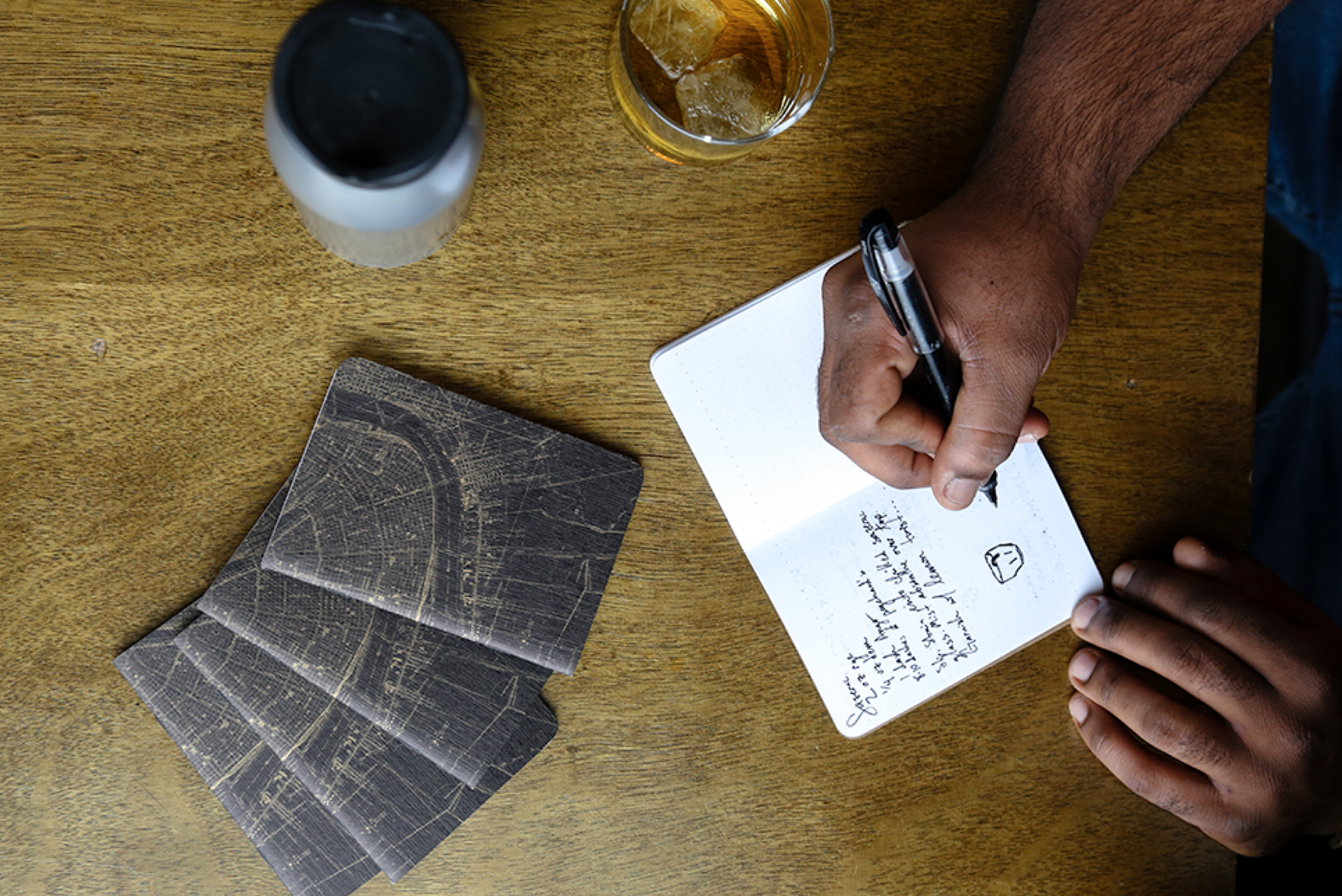In the labyrinthine alleys of New Orleans, where history mingles with legends, few names evoke as much mystique and reverence as Marie Laveau. Known as the Voodoo Queen, Laveau's influence extended far beyond the spiritual realm, making her one of the most iconic figures in the city's storied past. Let's delve into the life and legacy of this legendary priestess.
The Roots of a Legend
Born in 1801, Marie Laveau's lineage was a rich blend of Creole, African, and French ancestry. This diverse cultural background would play a pivotal role in shaping her spiritual practices and beliefs. Throughout her life, she seamlessly integrated Catholicism with Voodoo rituals, crafting a unique spiritual tapestry that resonated deeply with the multicultural population of New Orleans.
Priestess, Healer, and Counselor
Marie Laveau wasn't just a spiritual leader; she was a healer, counselor, and confidante to many. Her home on St. Ann Street was a sanctuary for those seeking guidance, blessings, or cures. Laveau was known for creating potent gris-gris bags, offering readings, and conducting rituals at the shores of Lake Pontchartrain and, most famously, at Congo Square.
Her influence wasn't limited to the common folk. Laveau's reputation as a powerful Voodoo priestess earned her an eclectic clientele, ranging from the city's elite to politicians and even law enforcement officials.
The Voodoo Queen's Social Impact
While tales of Laveau's magical prowess are legendary, her social impact is equally noteworthy. In a time of rampant racial divides and socio-economic disparities, Laveau used her position to champion the cause of the less fortunate. She was known to intervene in legal cases, often assisting slaves in securing their freedom and working to better the lives of New Orleans' Black community.
Tales Shrouded in Mystery
Differentiating between fact and fiction when it comes to Marie Laveau is a challenging endeavor. Tales of her dancing with snakes, conducting midnight rituals, and summoning spirits abound. While the veracity of these tales is debatable, they have cemented Laveau's status as a near-mythical figure, with countless tales, songs, and even films inspired by her life.
The Legacy Lives On
Marie Laveau passed away in 1881, but her legacy endures. Her tomb in St. Louis Cemetery No. 1 has become a pilgrimage site for many, with visitors marking three 'X's in hopes of having their wishes granted.
Beyond the legends and folklore, Laveau's lasting impact lies in her contributions to New Orleans' cultural fabric. She played an instrumental role in popularizing Voodoo in the city, ensuring its practices and traditions would endure for generations.
Marie Laveau's life is a testament to the power of spirituality, resilience, and community leadership. The Voodoo Queen, with her enigmatic aura and indomitable spirit, remains an integral part of New Orleans' cultural and historical landscape. As we navigate the crossroads of history and myth, Laveau's legacy stands as a beacon, illuminating the rich tapestry of a city that thrives on stories, magic, and soul.







Leave a comment
All comments are moderated before being published.
This site is protected by hCaptcha and the hCaptcha Privacy Policy and Terms of Service apply.